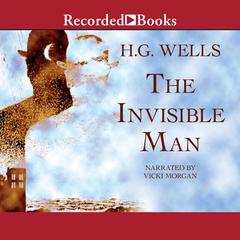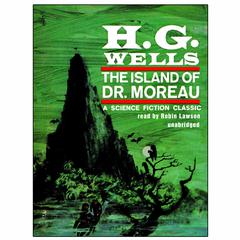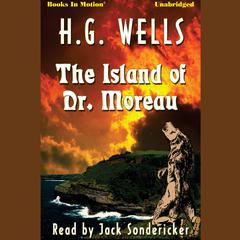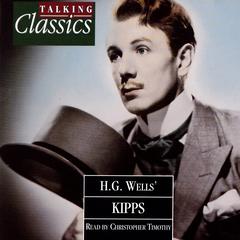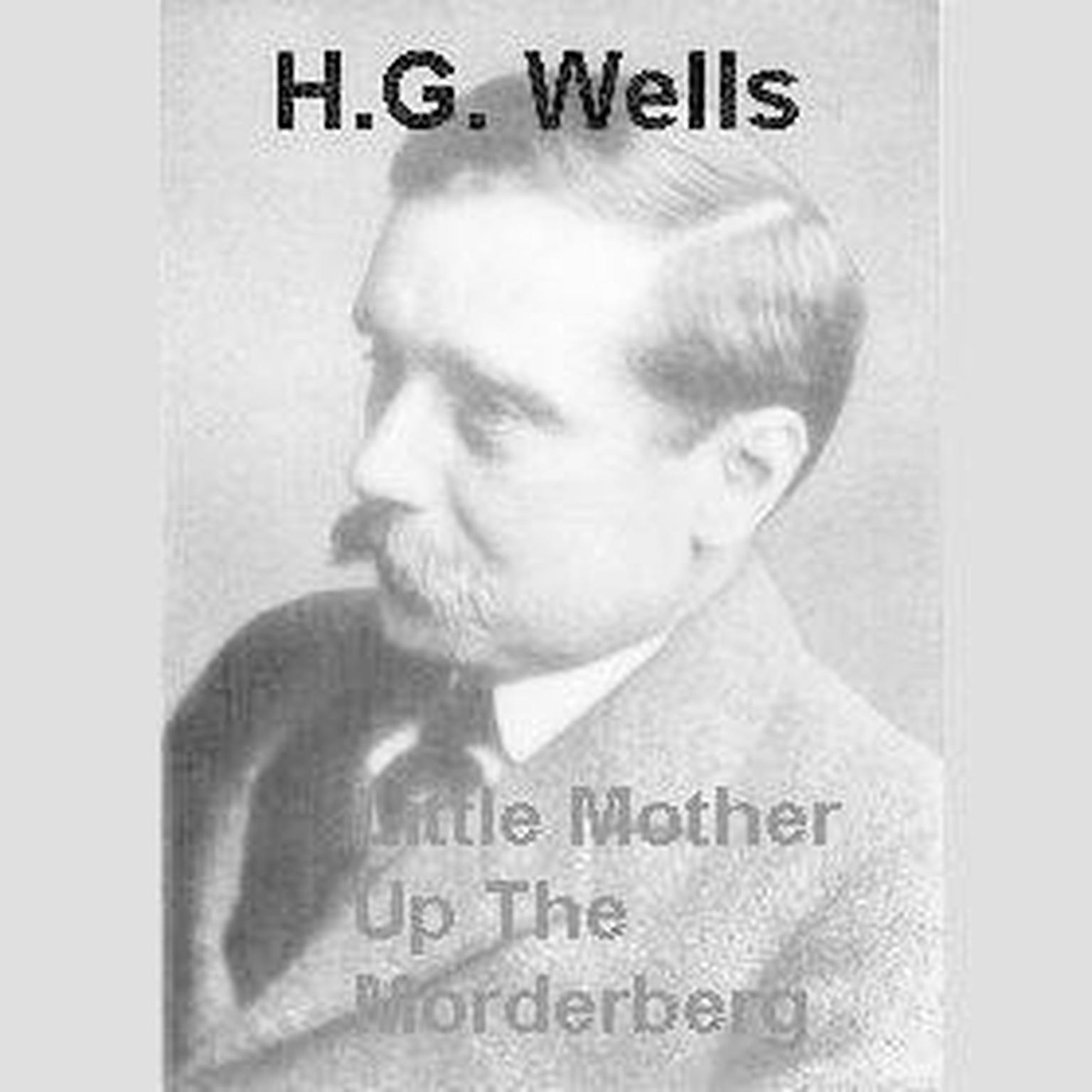 Play Audiobook Sample
Play Audiobook Sample
Little Mother Up The Morderberg Audiobook
 Play Audiobook Sample
Play Audiobook Sample
Quick Stats About this Audiobook
Total Audiobook Chapters:
Longest Chapter Length:
Shortest Chapter Length:
Average Chapter Length:
Audiobooks by this Author:
Publisher Description
Herbert George Wells was perhaps best known as the author of such classic works of science fiction as The Time Machine and War of the Worlds. But it was in his short stories, written when he was a young man embarking on a literary career, that he first explored the enormous potential of the scientific discoveries of the day. He described his stories as "a miscellany of inventions," yet his enthusiasm for science was tempered by an awareness of its horrifying destructive powers and the threat it could pose to the human race. A consummate storyteller, he made fantastic creatures and machines entirely believable, and by placing ordinary men and women in extraordinary situations, he explored what it means to be alive in a century of rapid scientific progress. "Little Mother Up the Morderberg," is a humorous tale about a mother and son trekking to the top of a mountain.
Download and start listening now!
Little Mother Up The Morderberg Listener Reviews
Be the first to write a review about this audiobook!
About H. G. Wells
H. G. Wells (1866–1946), born in Bromley, Kent, England, is known as the father of science fiction. He was also a prolific writer in other genres, including contemporary novels, history, and social commentary.








